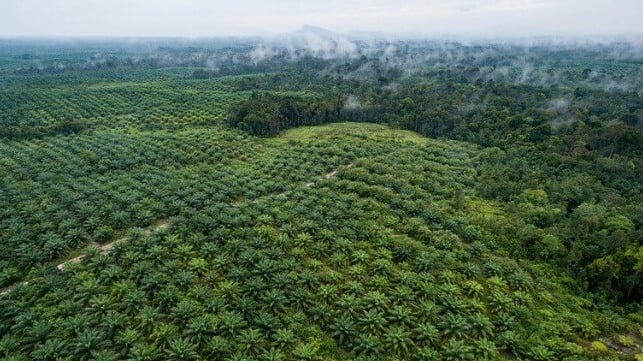EU Scrutinizes Fraud in Certification of Biofuels

The scrutiny on the use of biofuels in Europe has intensified, with reports emerging last week that the EU is planning to suspend recognition of the ISCC certification of waste-based biofuels. The International Sustainability and Carbon Certification (ISCC) has an EU certification scheme that verifies that biofuels entering the EU market are compliant with the bloc’s sustainability requirements, as set out in the Renewable Energy Directive (RED) II.
The EU Committee on Sustainability of Biofuels, Bioliquids and Biomass Fuels had convened to discuss rising fraud cases of biofuels in the European market. While the deliberations of the committee are confidential, one of the outcomes reportedly is a proposal to the European Commission to suspend recognition of ISCC certifications for waste-based biofuels for 2.5 years. If the 27 member states approve the suspension, EU countries will have the discretion to accept or reject ISCC certificates.
A surge of imports from South-East Asia has raised serious concerns on the compliance of these biofuels with EU market regulations. Market players blame this on lax verification procedures by ISCC, which is the largest feedstock accreditor. Data from fuel regulators in Europe estimate that 1.8 million tons of fraudulent ISCC-certified Palm Oil Mill Effluent (POME) entered the EU in 2023. POME is a byproduct of palm oil processing and is used as a feedstock in production of biodiesel. The biofuel is gaining widespread use in the shipping industry.
“Based on European Commission data published in December, a third of the used cooking oil (UCO) is undoubtedly fake, most likely sourced directly from virgin palm oil,” James Cogan, EU Government Affairs, Industry& Policy Director at biotech firm ClonBio Group, told S&P Global. Virgin palm oil as a feedstock is ineligible for renewable energy incentives under the EU’s RED II initiative. This is based on its alleged contribution to deforestation abroad.
In addition, the EU proposal comes at a time when the shipping industry in Europe has started a journey on use of ISCC certified biofuels, as a measure towards a green transition.
The ISCC system said that it is aware of the EU Biofuels Committee’s discussions, noting that it was surprised by the suspension proposal.

that matters most
Get the latest maritime news delivered to your inbox daily.
This latest step from the EU adds to the growing pushback against use of biofuels in shipping. Next week, the IMO will be hosting MEPC 83 (Marine Environment Protection Committee 83) where a raft of mid-term measures on green shipping will be debated. In line with this, some shipping lines - including Hapag Lloyd and environmental NGOs - have come forward to warn about the widespread use of biofuels in shipping industry.
Nearly a third of global shipping could run on biofuels in 2030, up from less than one percent today. This would see close to 300 million bottles of vegetable oil (palm and soy) diverted to powering ships every day in 2030, according to a study by the transport NGO T&E. Unfortunately, vast amounts of farmlands - 3.4 million hectares, almost total area of Germany - would be needed to produce enough crops to meet biofuels demand for shipping, taking up resources that would otherwise be used to make food.
